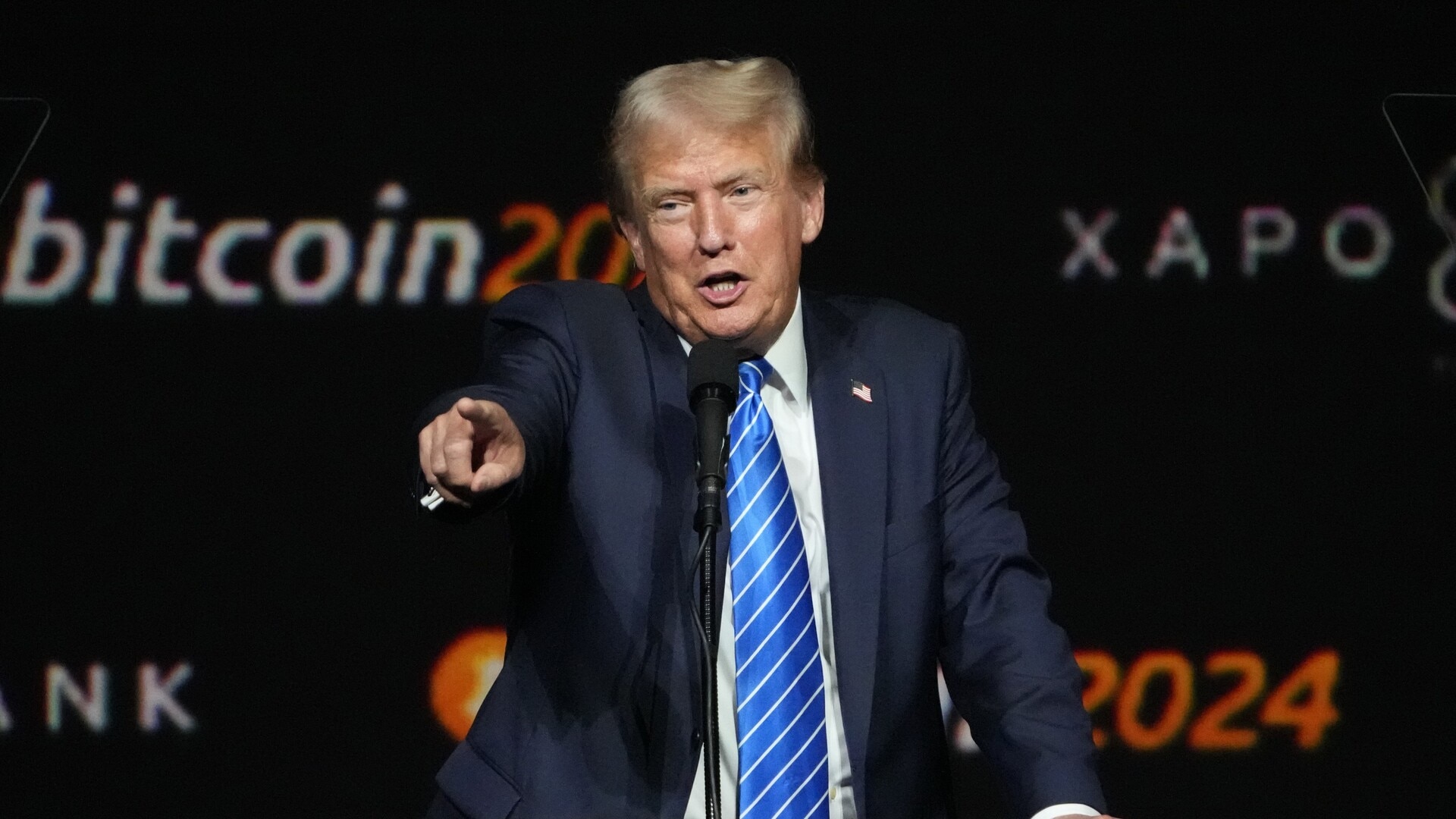The Australian government will not establish a crypto reserve as United States President Donald Trump continues to embrace the digital assets and rolls back regulation.
Cryptocurrencies soared on Monday after President Trump revealed the five currencies that would make up the US Crypto Reserve as he looks to “elevate” the industry.
“A U.S. Crypto Reserve will elevate this critical industry after years of corrupt attacks by the Biden Administration,” he wrote on his social media platform Truth Social.
He said cryptocurrencies Ripple (XRP), Solana (SOL) and Cardano (ADA) will make up the Crypto Reserve, alongside leading currencies Bitcoin and Ethereum.
“I will make sure the U.S. is the Crypto Capital of the World,” President Trump wrote.
While the US President creates a stockpile, Labor has taken a different approach, with a spokesperson for Assistant Treasurer and Financial Services Minister Stephen Jones lauding the government’s efforts to regulate digital and crypto asset platforms and currencies.
“The Albanese government has consulted on our proposed framework to build a fit-for-purpose digital asset regulatory regime, and we continue to work closely with industry,” the spokesperson said.
“The Albanese government knows that blockchain and digital assets present big opportunities for our economy, our financial sector and innovation.”
Labor has no plans to establish a crypto reserve and remains focused on regulating digital asset platforms.
The US President’s announcement caused several cryptocurrencies to skyrocket, with Sol rising almost 20 per cent and ADA up more than 63 per cent.
Meanwhile, XRP was up about 28 per cent while Ethereum and Bitcoin jumped 11 and eight per cent respectively.
Prior to Monday’s spike, Bitcoin suffered its worst month since June 2022 after it soared on the back of President Trump’s election win.
The Crypto Reserve has faced scepticism from Caroline Bowler, the chief executive of Australian cryptocurrency exchange BTC Markets, who raised concerns over government influence on the currencies.
“One of the core principles of cryptocurrency is its ability to exist outside of government influence,” Ms Bowler said in a statement.
“However, if major assets are increasingly tied to specific jurisdictions, it could lead to a concentration of power that contradicts the foundational ethos of crypto.”

In January, President Trump signed an executive order on digital assets that explored the creation of a national cryptocurrency stockpile and ordered that banking services for crypto companies be protected.
President Trump won support from the crypto industry in his 2024 election bid and he has quickly moved to back their policy priorities.
He is hosting the first White House Crypto Summit on Friday and his family has also launched its own coins.
Under the Biden administration, regulators cracked down on the industry in a bid to protect Americans from fraud and money laundering.
However, since the beginning of President Trump’s term the Securities and Exchange Commission has withdrawn investigations into several crypto companies and dropped a lawsuit against Coinbase, the largest crypto exchange in the US.
-With Reuters

